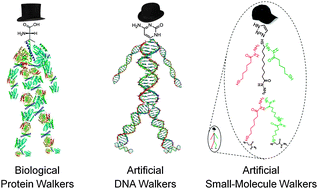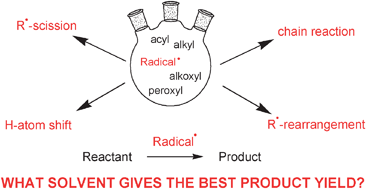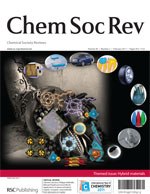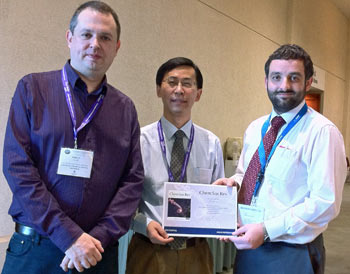 On behalf of the Chem Soc Rev Editorial Board, I am delighted to announce that Professor Cristina Nevado from the University of Zurich, Switzerland, has won the 2011 Chem Soc Rev Emerging Investigator Award.
On behalf of the Chem Soc Rev Editorial Board, I am delighted to announce that Professor Cristina Nevado from the University of Zurich, Switzerland, has won the 2011 Chem Soc Rev Emerging Investigator Award.
This annual award recognises an emerging scientist who has made a significant contribution to their research field. The Editorial Board commended Professor Nevado’s contribution to the total synthesis of natural products and new synthetic methodologies, in particular her research on gold catalysis.
Professor Nevado’s award will be presented at a conference later in the year. Details will follow in due course.
You can find out more about Professor Nevado’s exciting research by reading her recent ChemComm communication, which was included in the ChemComm Emerging Investigator issue 2011:
Domino gold-catalyzed rearrangement and fluorination of propargylacetates, Teresa de Haro and Cristina Nevado, Chem. Commun., 2011, 47, 248-249











 In their
In their 









